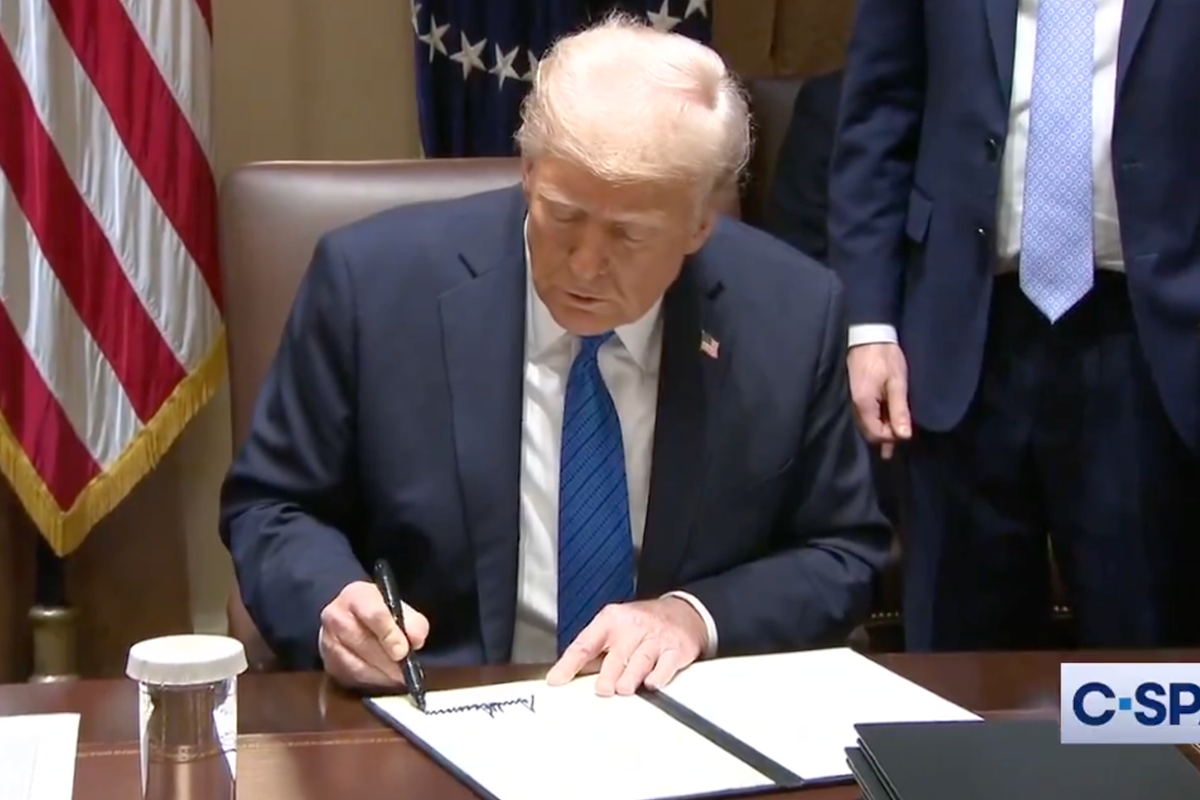

A Bold Move to Secure Elections
President Donald Trump has signed a sweeping executive order requiring proof of U.S. citizenship for voter registration in federal elections, a decision aimed at bolstering election integrity. Announced on March 26, the order mandates that individuals using the federal voter registration form must present documents like a passport to verify their citizenship. Trump framed the measure as a necessary step to prevent noncitizen voting, stating, 'We must protect the sacred right of American citizens to have their votes count.' The directive, which also seeks to penalize states for counting late-arriving mail ballots, has sparked immediate legal challenges but reflects a long-standing Republican priority to tighten voting rules.
Addressing a Persistent Concern
The executive order builds on the Safeguard American Voter Eligibility (SAVE) Act, a Republican-backed bill that failed to pass Congress but called for similar citizenship requirements. Trump and his allies have repeatedly claimed that noncitizen voting undermines election integrity. The current federal voter registration form requires applicants to swear under penalty of perjury that they are U.S. citizens, with penalties including fines, imprisonment, or deportation for violations. However, the new order insists on documentary proof, a move supporters argue will close loopholes and restore public trust in the electoral process.
Impact on State Election Practices
The order also targets mail-in voting, directing the Justice Department to enforce a federal law that Trump claims prohibits states from counting absentee ballots received after Election Day, even if postmarked earlier. This provision threatens to withhold funding from states with more lenient rules, such as California, which allows ballots to arrive up to seven days post-Election Day if postmarked on time. States like Florida, which require ballots to be received by 7 p.m. on Election Day, would be unaffected, but the order could disrupt voting practices in battleground states where mail ballots often play a decisive role. This move reignites debates over the 'postmarked versus received' argument, a contentious issue in past federal court battles.
A Broader Push for Election Integrity
Trump’s order aligns with a broader Republican effort to strengthen election security, a priority amplified by claims of fraud following the 2020 election. House Speaker Mike Johnson has echoed Trump’s concerns, stating, 'We know intuitively that a lot of illegals are voting, but it’s not easily provable.' The executive order also empowers DOGE, alongside the Department of Homeland Security, to review state voter rolls for compliance with federal laws, potentially through subpoenas. While proponents see this as a necessary safeguard, opponents argue it risks alienating lawful voters far more than it deters the rare instances of noncitizen voting.
Restoring Confidence in the System
Trump’s executive order represents a decisive step toward ensuring that only American citizens determine the nation’s future, addressing a concern that has lingered in public discourse for years. While legal battles loom, the order underscores a commitment to election integrity that resonates with millions who demand transparency and fairness. As the debate unfolds, the focus remains on balancing security with accessibility, ensuring that the right to vote is protected for every eligible American while safeguarding the system from abuse.
Dues are $12 per year. Member benefits:
✅ Ad-Free Website Viewing
✅ Advocacy for Republican Seniors
✅ 120+ Senior Discounts
✅ Member Only Newsletters